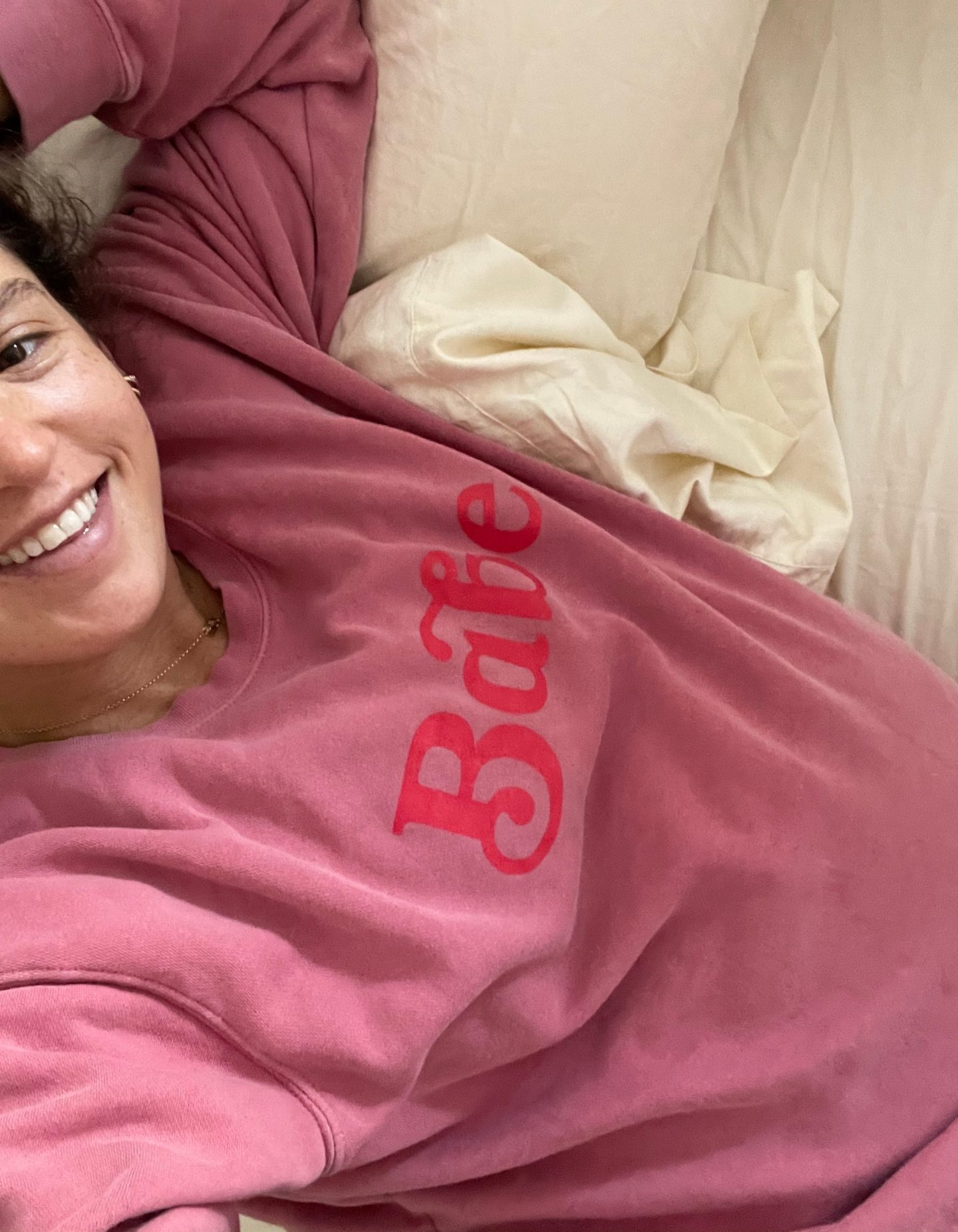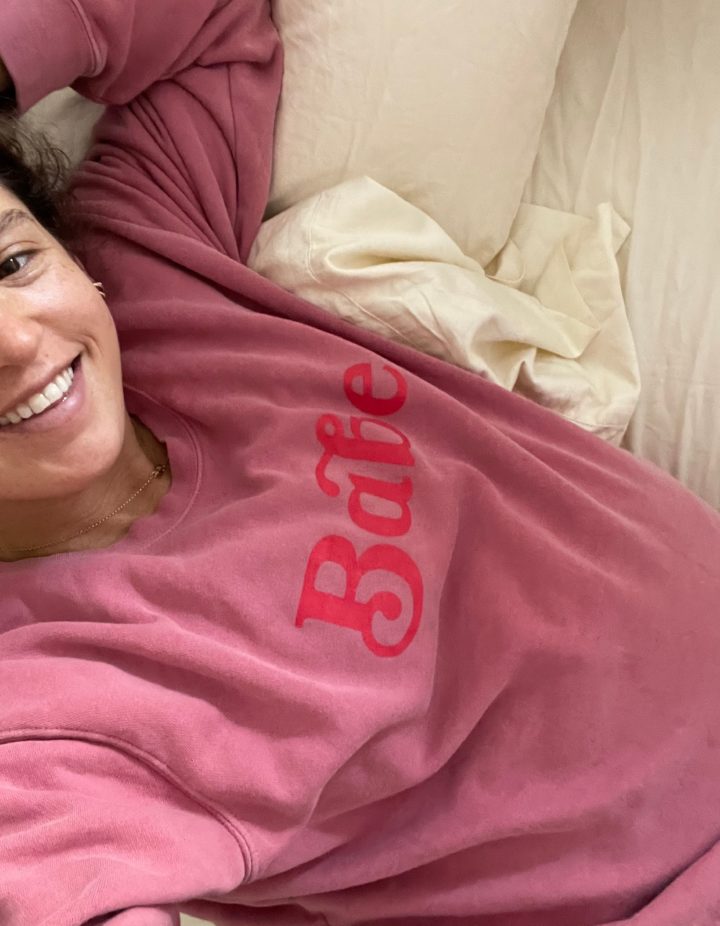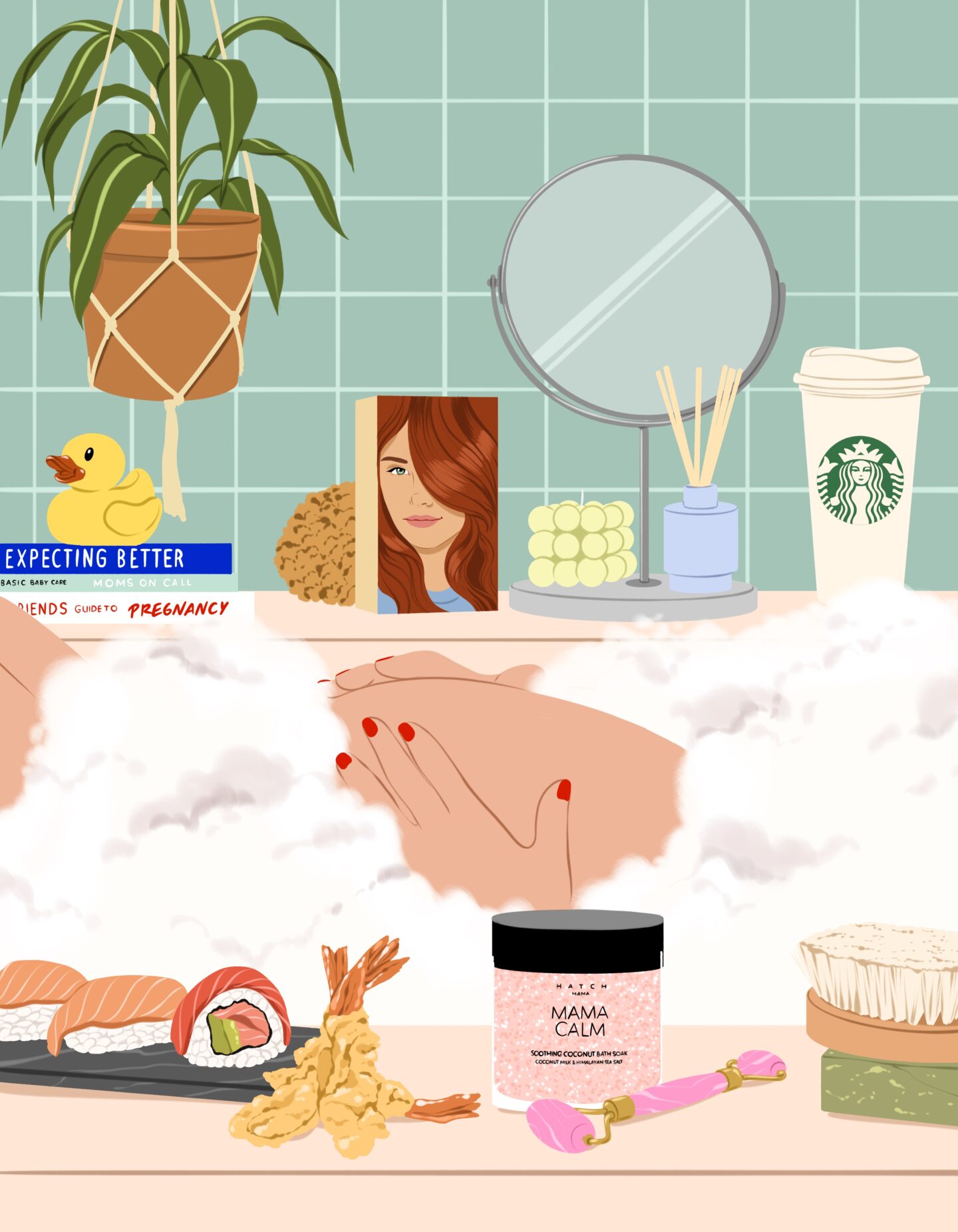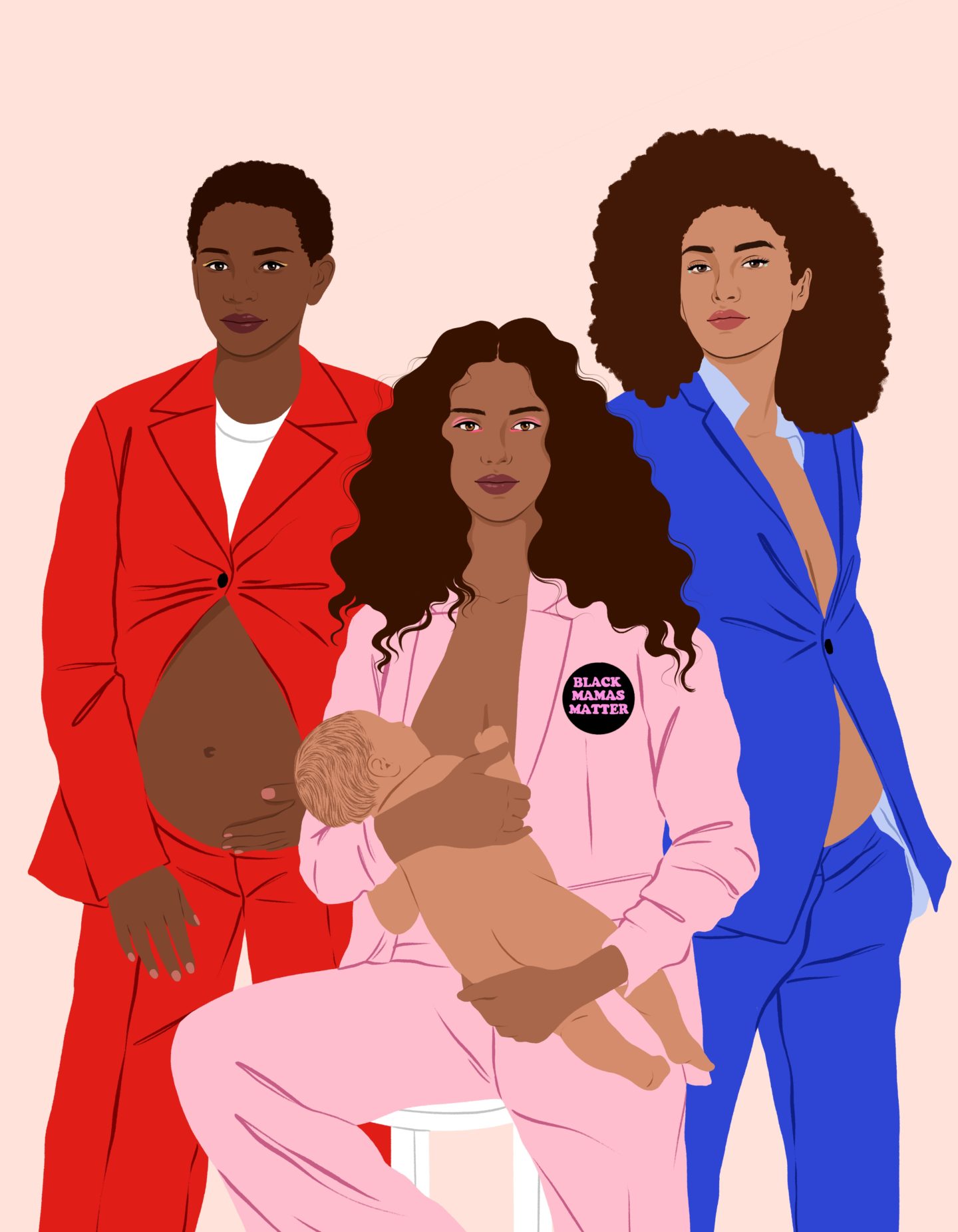This article was written in partnership with Oula. Oula’s second location is at 202 Spring Street in Manhattan and serves patients from all five boroughs and New Jersey.
As the VP of Community at HATCH Collection, Nikki Millman had an encyclopedic knowledge of maternal care by the time she found out she was pregnant with her now almost two-year-old son, Ryder. But as any mama-to-be will tell you, once pregnancy came, all that she thought she knew suddenly took a back seat to reality.
Here, Nikki shares part of her first pregnancy journey – and insight into how she may use resources differently for babe number two.
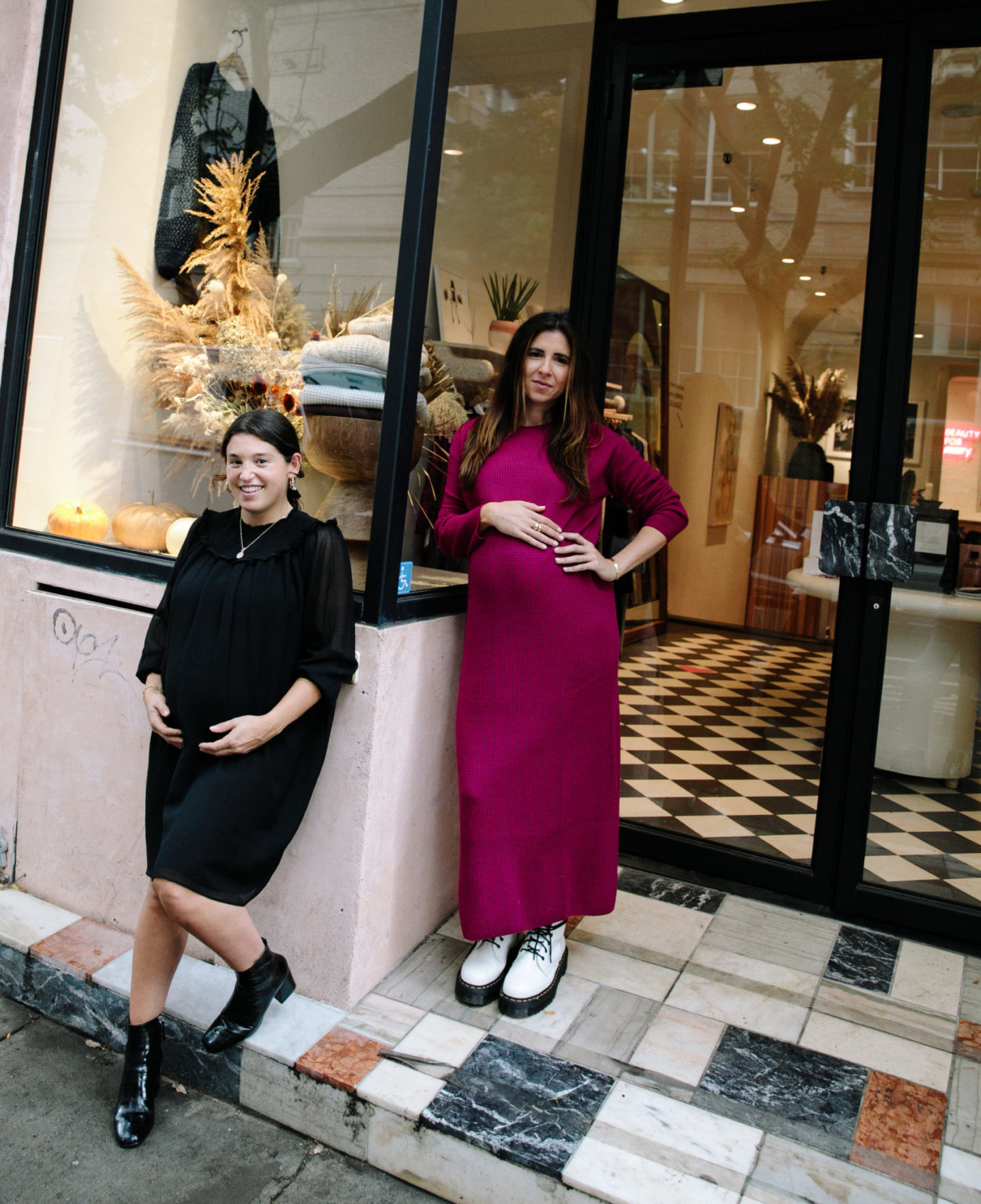
One of the first things that you do when you find out you are pregnant is call your doctor. For me, everything about that call felt heightened. I was nervous, which was exacerbated by the fact that it was the early days of COVID… but I was also excited – like, really excited. My family and friends had been thrilled to hear my news, and I couldn’t wait for my doctor to share my excitement. Instead, when I called, I was met with a businesslike tone: An appointment was made, and the call was over. To me, this was a big deal; to them, I was one of many women calling that day with a positive pregnancy test.
I felt the same disconnect when I went in a few days later. Here I was, walking into this huge, life-changing doctor’s appointment, and everyone there was acting like it was no different from my annual OB check-up. Even though I had spent nearly a decade working in the maternity industry, I was totally thrown. Disappointed, I quickly tried to reset my expectations. It’s only now, two (?) years later, that I see the problem wasn’t me at all – it was our broken maternity care system.
I learned about Oula, a modern maternity center that combines the best of midwifery and obstetrics, through work. (Hearing about these things is a perk of the job – what can I say?) Oula is redesigning maternity care from the ground up, delivering pregnancy care that’s personalized, respectful, and there for you every step of the way.
Their mission? To set a new standard for pregnancy care. To be a place where everyone has support to thrive every step of the way, from your first positive pregnancy test through postpartum visits and “office hours.” Where you have a collaborative team of midwives, obstetricians, and other care providers working together so that you’re empowered to make the choices that are best for you. Oh, and one more thing: Oula takes insurance, including Medicaid.
It was immediately clear to me just how different my experience would have been had I gone to Oula. My OB saw many patients. As an expecting mama, each visit feels important. But often, the doctors seem too busy for you, even disinterested. Oftentimes, you just feel anonymous, like a name on a chart to be checked off. At Oula, their team is able to spend twice as much time with patients as a typical OB. They believe that the better your experience as a patient, the healthier you – and your baby – will be. Which means – gasp! – they actually take the time to listen to you and answer your questions.
One of the things I love about Oula’s approach is that they understand that your physical health, as a parent-to-be, is wrapped up in your mental health. As a child, I was viewed as “chubby,” and I’ve never exactly loved the scale, but it was very important to my doctor to track my weight. I really felt fat-shamed. I had flashbacks from childhood. When I told my doctor what a hard time I was having with this, instead of offering solutions, I was met with blanket responses: “You’ve gained too much weight.“ There was no conversation. I felt like I had failed. At Oula, they recognize that each person’s pregnancy journey is different, and there are a lot of factors that go into keeping mama and baby healthy.
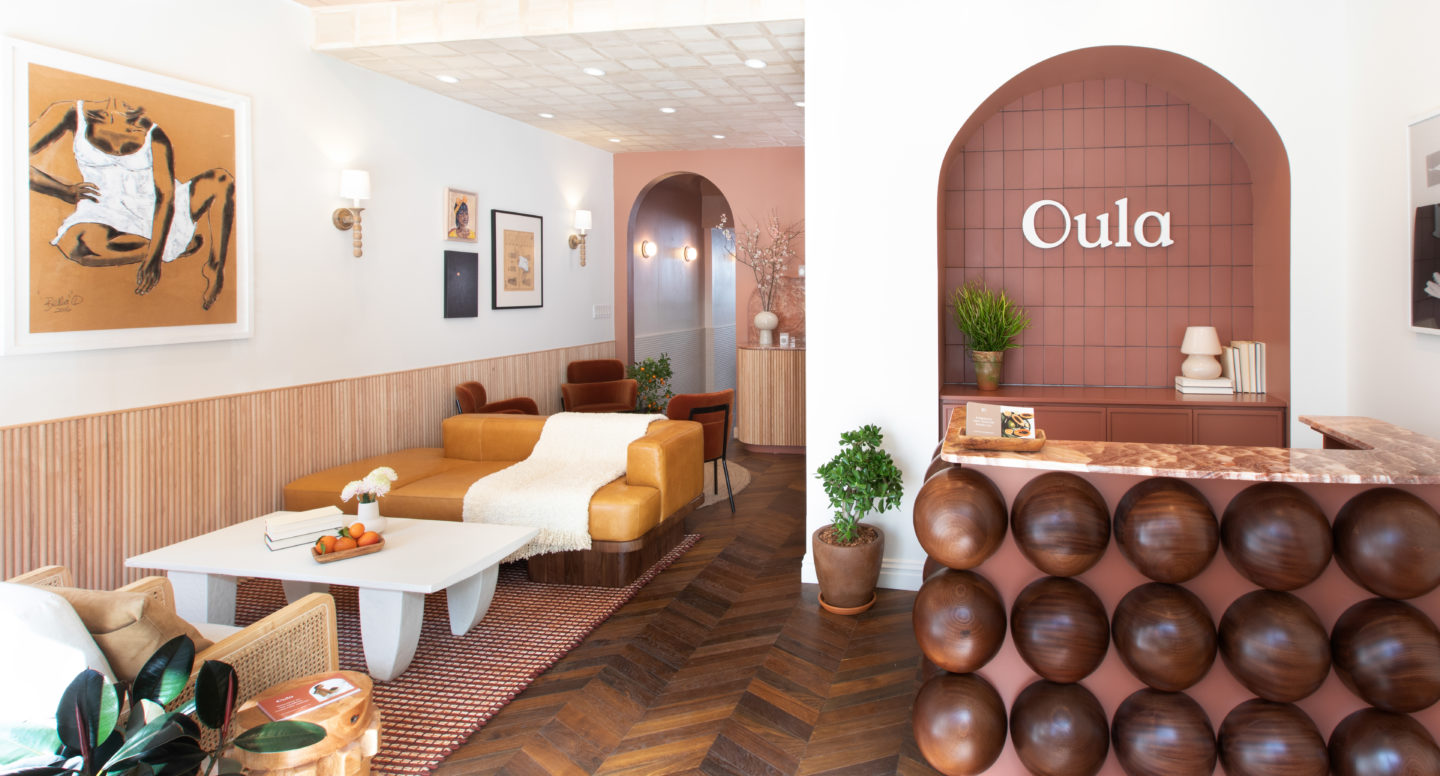
In my workplace, we strongly believe each pregnancy should be a thrilling time for mama. But for far too many people, myself included, the experience of being pregnant and giving birth felt, at times, impersonal and rushed. I felt like a cog in a broken maternity care system.
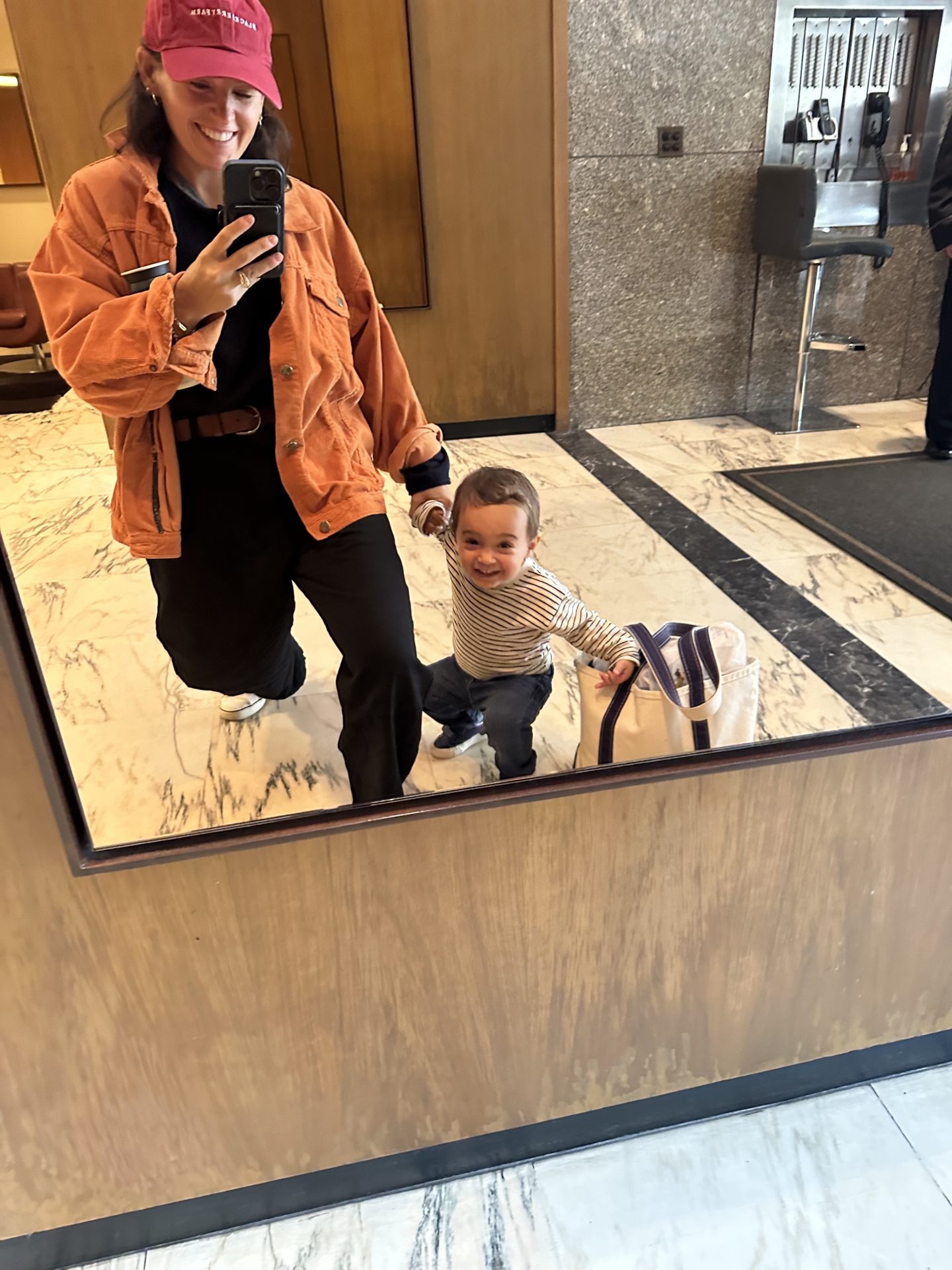
Throughout my first pregnancy, everything was presented as doctor-first versus patient-first. It felt like I barely had a say. Some – rarely all – of my questions got answered during appointments, but there seemed to be no time for anything that was not considered “essential.” There was no focus on my personal experience – nothing on mental health, self-care, alternative treatments for things like nausea or pain management, and certainly nothing like the connection with other families Oula works hard to create through group education classes and community gatherings.
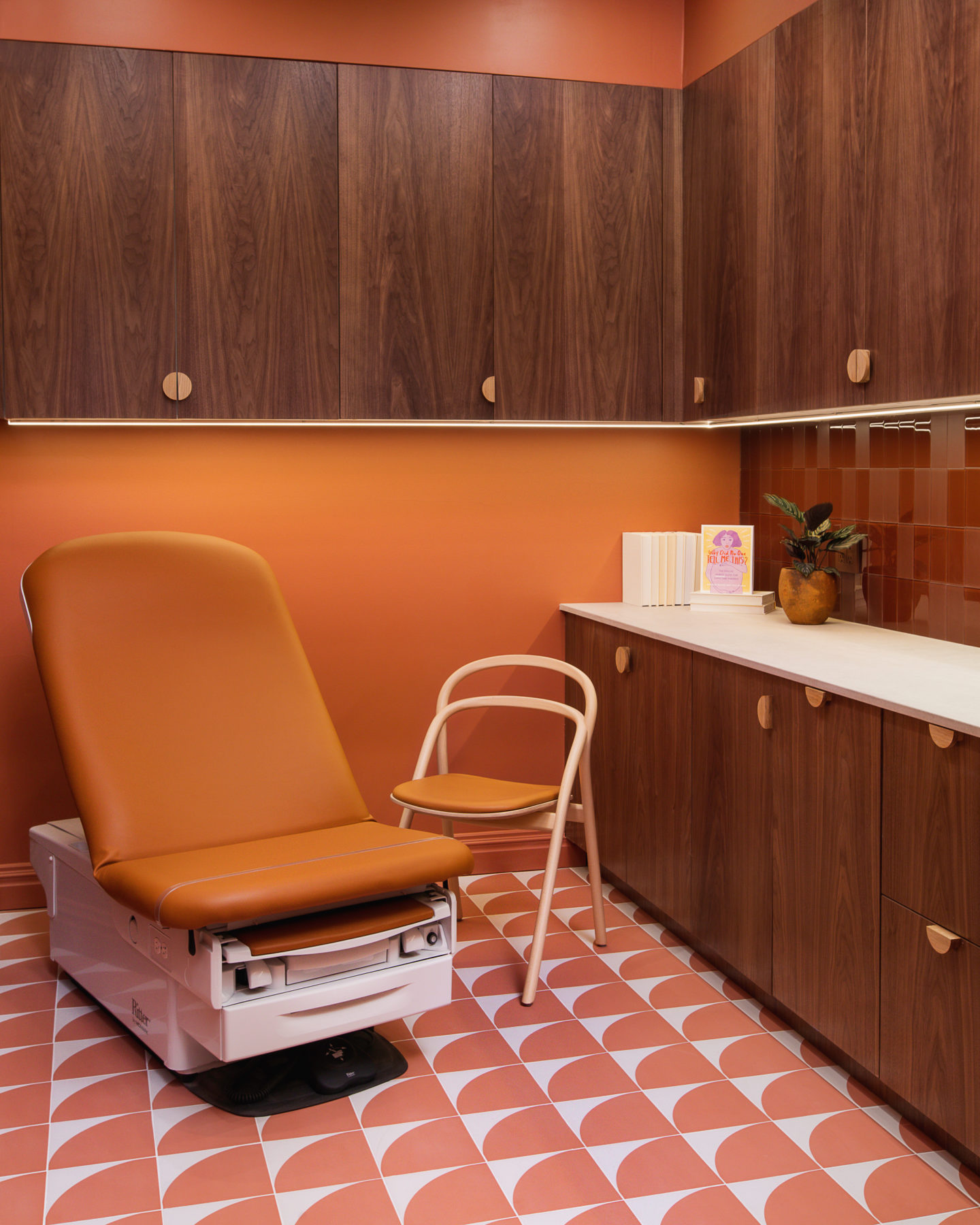
As my family begins to think about expanding, I go back to thinking about what I would have done differently. I’d be a better advocate for myself, of course, but why not think bigger? What if there was no one “right” way to give birth that works for everyone? What if pregnancy wasn’t filled with rushed, one-size-fits-none appointments? What if maternity care wasn’t just about gritting your teeth and getting through it, but about having a great experience?
During my first pregnancy, I listened to the doctor at all costs, even when it meant shutting out that voice in my head asking: “Does it really have to be like this?” We’ve been conditioned as American women to do that. But isn’t it about time we rejected false binaries like doctor or midwife, medicated birth or au natural, human intuition or modern medicine? I don’t know about you, but I don’t think we should have to choose. And thanks to Oula, we don’t.
